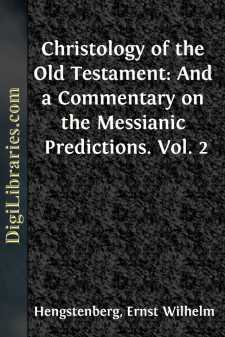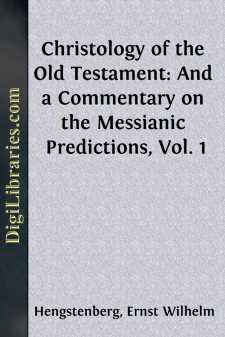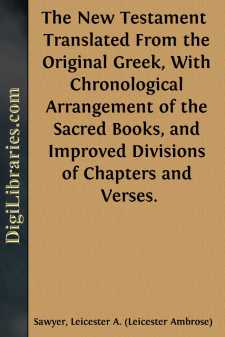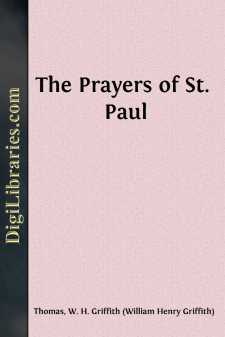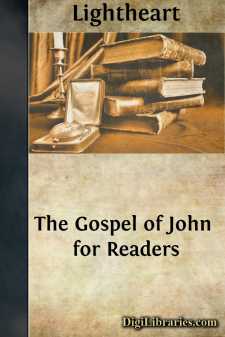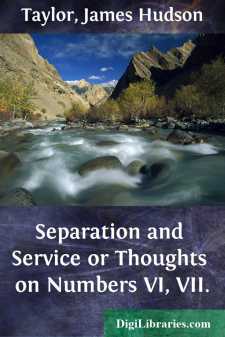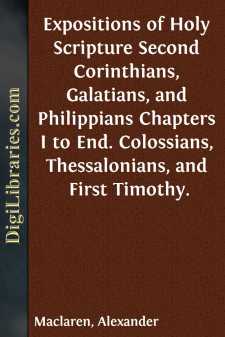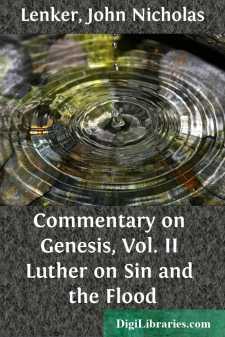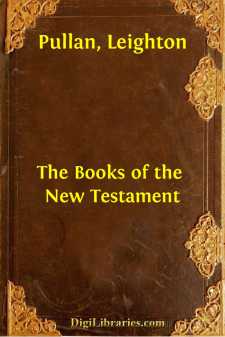Categories
- Antiques & Collectibles 13
- Architecture 36
- Art 48
- Bibles 22
- Biography & Autobiography 813
- Body, Mind & Spirit 142
- Business & Economics 28
- Children's Books 15
- Children's Fiction 12
- Computers 4
- Cooking 94
- Crafts & Hobbies 4
- Drama 346
- Education 46
- Family & Relationships 57
- Fiction 11828
- Games 19
- Gardening 17
- Health & Fitness 34
- History 1377
- House & Home 1
- Humor 147
- Juvenile Fiction 1873
- Juvenile Nonfiction 202
- Language Arts & Disciplines 88
- Law 16
- Literary Collections 686
- Literary Criticism 179
- Mathematics 13
- Medical 41
- Music 40
- Nature 179
- Non-Classifiable 1768
- Performing Arts 7
- Periodicals 1453
- Philosophy 64
- Photography 2
- Poetry 896
- Political Science 203
- Psychology 42
- Reference 154
- Religion 513
- Science 126
- Self-Help 84
- Social Science 81
- Sports & Recreation 34
- Study Aids 3
- Technology & Engineering 59
- Transportation 23
- Travel 463
- True Crime 29
Christology of the Old Testament: And a Commentary on the Messianic Predictions. Vol. 2
Categories:
Description:
Excerpt
Isaiah is the principal prophetical figure in the first period of canonical prophetism, i.e., the Assyrian period, just as Jeremiah is in the second, i.e., the Babylonian. With Isaiah are connected in the kingdom of Judah: Joel, Obadiah, and Micah; in the kingdom of Israel: Hosea, Amos, and Jonah.
The name "Isaiah" signifies the "Salvation of the Lord." In this name we have the key-note of his prophecies, just as the name Jeremiah: "The Lord casts down," indicates the nature of his prophecies, in which the prevailing element is entirely of a threatening character. That the proclamation of salvation occupies a very prominent place in Isaiah, was seen even by the Fathers of the Church. Jerome says: "I shall expound Isaiah in such a manner that he shall appear not as a prophet only, but as an Evangelist and an Apostle;" and in another passage: "Isaiah seems to me to have uttered not a prophecy but a Gospel." And Augustine says, De Civ. Dei, 18, c. 29, that, according to the opinion of many, Isaiah, on account of his numerous prophecies of Christ and the Church, deserved the name of an Evangelist rather than that of a Prophet. When, after his conversion, Augustine applied to Ambrose with the question, which among the Sacred Books he should read in preference to all others, he proposed to him Isaiah, "because before all others it was he who had more openly declared the Gospel and the calling of the Gentiles." (Aug. Conf. ix. 5.) With the Fathers of the Church Luther coincides. He says in commendation of Isaiah: "He is full of loving, comforting, cheering words for all poor consciences, and wretched, afflicted hearts." Of course, there is in Isaiah no want of severe reproofs and threatenings. If it were otherwise, he would have gone beyond the boundary by which true prophetism is separated from false. "There is in it," as Luther says, "enough of threatenings and terrors against the hardened, haughty, obdurate heads of the wicked, if it might be of some use." But the threatenings never form the close in Isaiah; they always at last run out into the promise; and while, for example, in the great majority of Jeremiah's prophecies, the promise, which cannot be wanting in any true prophet, is commonly only short, and hinted at, sometimes consisting only of words which are thrown into the midst of the several threatenings, e. g., iv. 27: "Yet will I not make a full end,"--in Isaiah the stream of consolation flows in the richest fulness. The promise absolutely prevails in the second part, from chap. xl.-lxvi. The reason of this peculiarity is to be sought for chiefly in the historical circumstances. Isaiah lived at a time in which, in the kingdom of Judah, the corruption was far from having already reached its greatest height,--in which there still existed, in that kingdom, a numerous "election" which gathered round the prophet as their spiritual centre. With a view to this circle, Isaiah utters the words: "Comfort ye, comfort ye my people." The contemporary prophets of the kingdom of the ten tribes, which was poisoned in its very first origin, found a different state of things; the field there was already ripe for the harvest of judgment. And at the time of Jeremiah, Judah had become like her apostate sister. At that time it was not so much needed to comfort the miserable, as to terrify sinners in their security....


